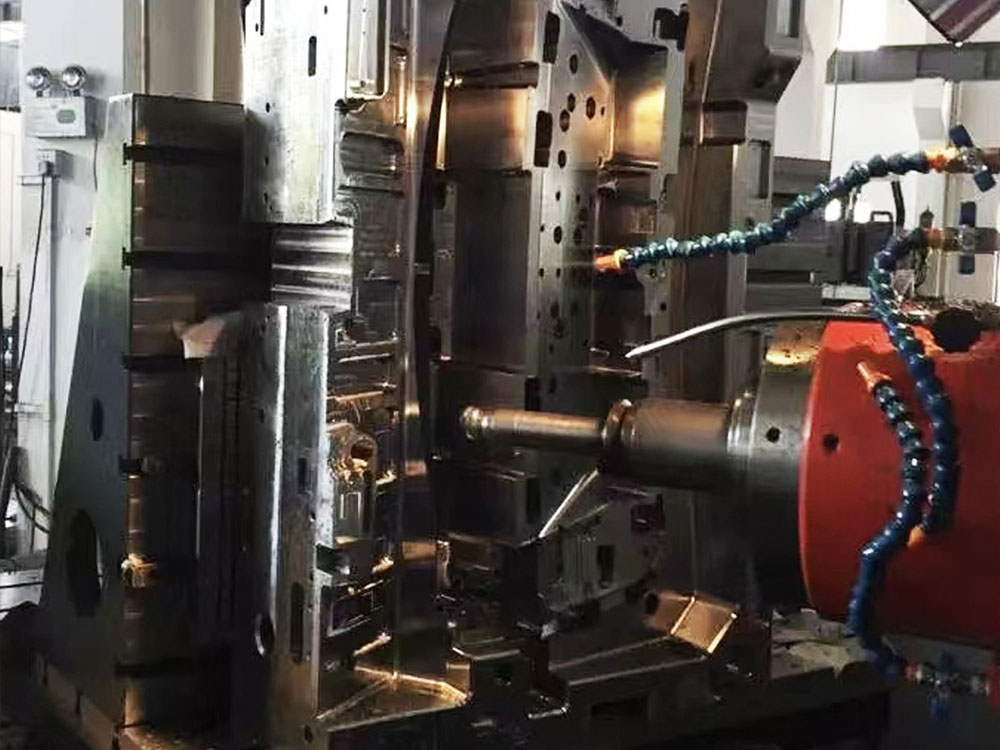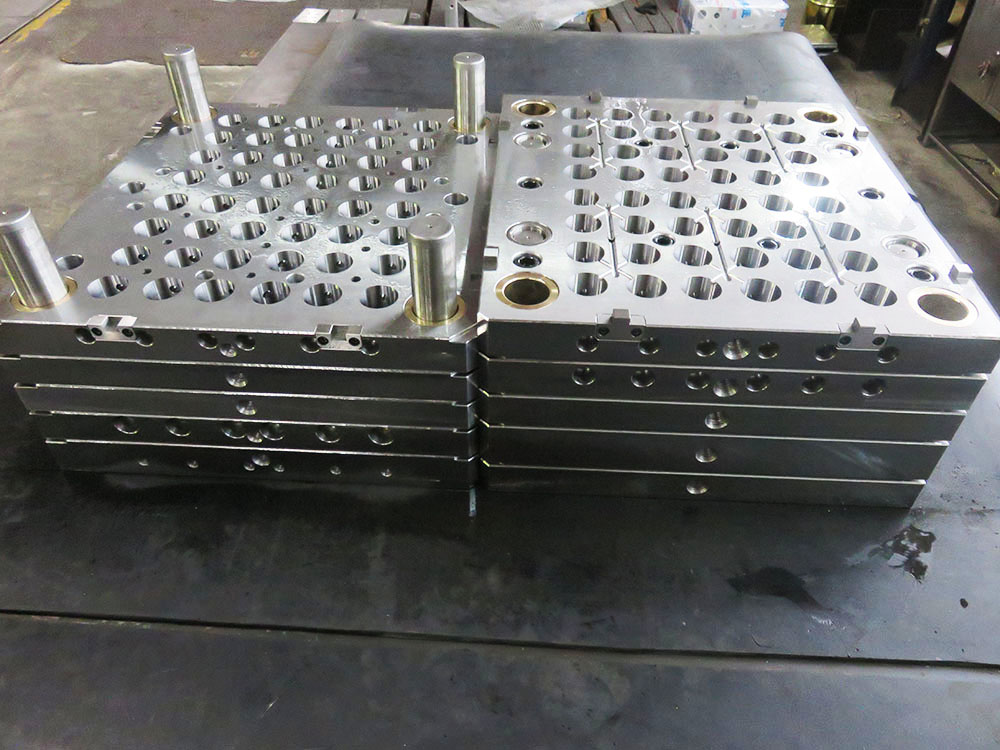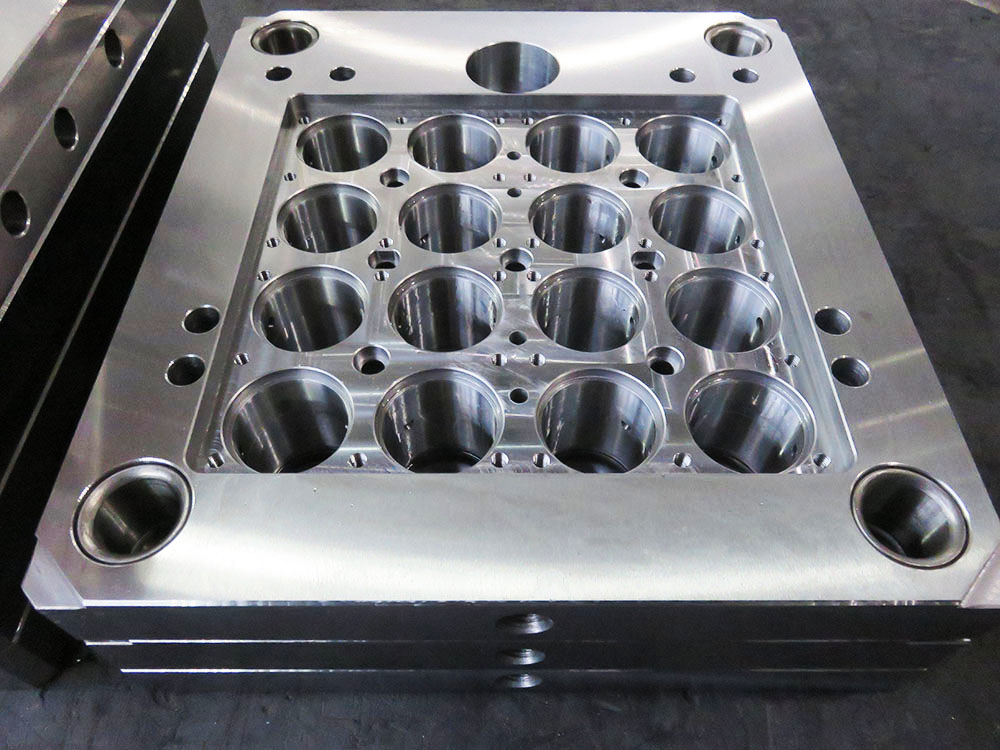Mold Base Industry: The Concept and Application of Modular Processing for Framing
The mold base industry plays a crucial role in the manufacturing sector, providing the foundation for the production of molds used in various industries such as automotive, consumer goods, and electronics. Within this industry, the term "modular processing for framing" is a fundamental concept that ensures efficient and streamlined manufacturing processes. In this article, we will explore the definition, significance, and application of modular processing for framing in the mold base industry.
Definition
Modular processing for framing refers to the practice of utilizing standardized and interchangeable frame components, allowing for customizable mold bases that can accommodate various mold sizes and configurations. These modular frames consist of frame plates, clamping systems, and guiding elements, which can be easily assembled and disassembled to adapt to different molding requirements.
Significance
The concept of modular processing for framing introduces several key advantages in the mold base industry:
1. Flexibility: Modular frames enable manufacturers to quickly adapt to changing production needs by easily rearranging or reconfiguring the frame components. This flexibility reduces downtime and enhances overall operational efficiency.
2. Cost-effectiveness: By reusing standardized frame components, manufacturers can significantly reduce mold base production costs. Modular frames eliminate the need for custom-made frames for each mold, resulting in substantial savings in both time and money.
3. Customization: Modular processing allows for the creation of highly customized mold bases that can meet the specific requirements of different molds. Manufacturers can select and combine the appropriate frame components to achieve the desired dimensions, ensuring optimal performance and precision.
Application
The application of modular processing for framing in the mold base industry is widespread. It is utilized in various stages of mold base production, including design, assembly, and maintenance.
Design: During the design phase, modular processing allows engineers to create mold base configurations using standardized frame components. These components can be easily modified or replaced, ensuring the flexibility required for accommodating different mold sizes or configurations.
Assembly: The use of modular frames simplifies the assembly process of mold bases. Frame plates, clamping systems, and guiding elements can be quickly and accurately assembled using compatible connectors and fasteners. This allows for efficient production and reduces the chances of errors or misalignments.
Maintenance: Modular processing also facilitates mold base maintenance. In case of damage or wear to specific frame components, they can be readily replaced without the need to dismantle the entire mold base. This minimizes downtime and extends the lifespan of the mold base, resulting in improved productivity and cost-efficiency.
In Conclusion
Within the mold base industry, modular processing for framing is a vital concept that revolutionizes the manufacturing process. Through the utilization of standardized and interchangeable frame components, manufacturers can achieve enhanced flexibility, cost-effectiveness, and customization. The application of modular processing throughout the design, assembly, and maintenance stages ensures streamlined production and optimal performance of mold bases. Embracing this concept contributes to the success and competitiveness of the mold base industry as a whole.




